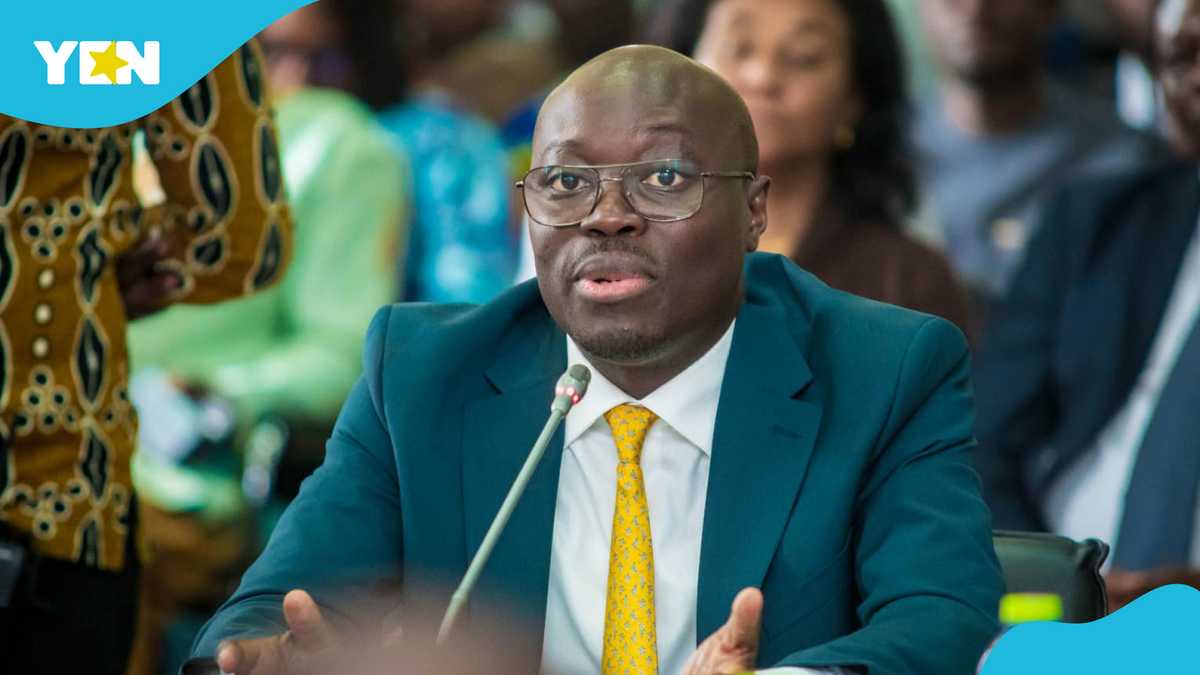Development Bank Ghana: Finance Ministry Axes Independent Director Amid Audit Concerns

DBG Faces Scrutiny as Finance Ministry Removes Independent Director
In a move that has sent ripples through Ghana's financial sector, the Ministry of Finance has announced the termination of Dr. Yaw Ansu's appointment as an Independent Director at the Development Bank Ghana (DBG). This decision, according to official statements, follows the release of concerning audit findings related to the bank’s operations.
The Development Bank Ghana (DBG) was established with the ambitious goal of supporting Ghana's industrial development and driving economic growth. It aims to provide long-term financing and technical assistance to businesses, particularly in key sectors like manufacturing, agribusiness, and technology. However, recent scrutiny has brought its governance and operational practices under the spotlight.
The Audit Findings: What Triggered the Change?
While the Ministry of Finance has been tight-lipped about the specifics of the audit findings, sources suggest they relate to irregularities in procurement processes and potential conflicts of interest. The findings reportedly raised serious questions about the bank's adherence to established financial regulations and best practices. The decision to remove Dr. Ansu, a respected figure in Ghana’s economic circles, signals the government’s commitment to addressing these concerns and ensuring the DBG operates with the highest levels of integrity and accountability.
Who is Dr. Yaw Ansu?
Dr. Ansu is a renowned economist and development expert with a distinguished career spanning several decades. He previously served as a Senior Advisor at the Bank of Ghana and held various leadership positions in international development organizations. His appointment to the DBG was seen as a significant boost to the bank's credibility and expertise.
Implications and Future Outlook
The removal of Dr. Ansu undoubtedly raises questions about the DBG's future direction and the impact on its ability to attract investment and support businesses. However, the Ministry of Finance has assured the public that it is taking the necessary steps to address the identified issues and strengthen the bank's governance structure. A search for a replacement for Dr. Ansu is already underway, with a focus on finding an individual with a proven track record of integrity and expertise in financial management and development banking.
Analysts believe this situation underscores the importance of robust oversight and accountability mechanisms within state-owned enterprises. The DBG's success is crucial for Ghana's economic development, and ensuring its operations are transparent and efficient is paramount. The Ministry of Finance’s swift action demonstrates a commitment to addressing these challenges and restoring public trust in the institution.
The Development Bank Ghana's journey is being closely watched by stakeholders across the country, and the coming months will be critical in determining its ability to fulfill its mandate and contribute to Ghana's economic prosperity. Further details on the audit findings are expected to be released in due course, providing a clearer picture of the issues at hand and the steps being taken to rectify them.






